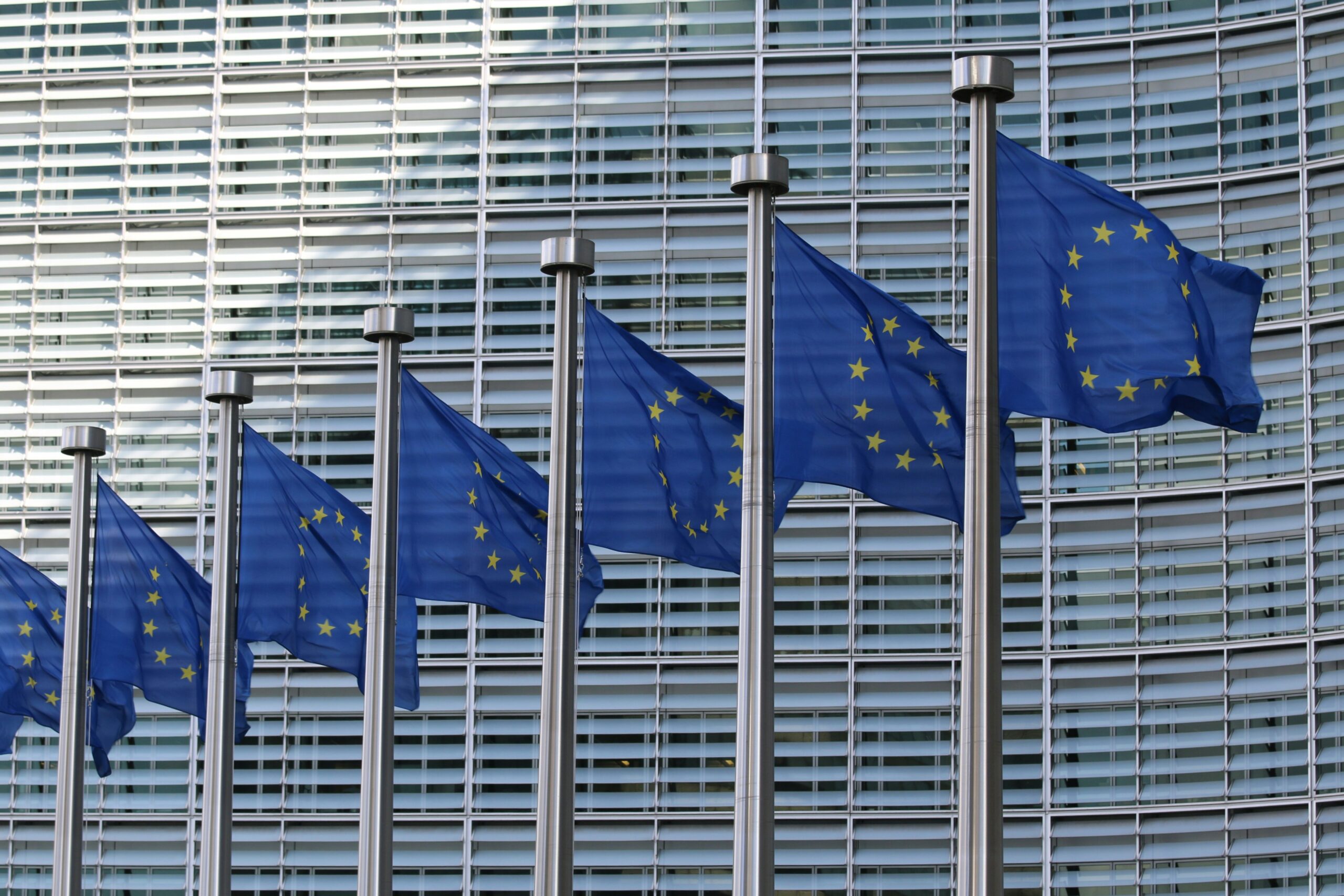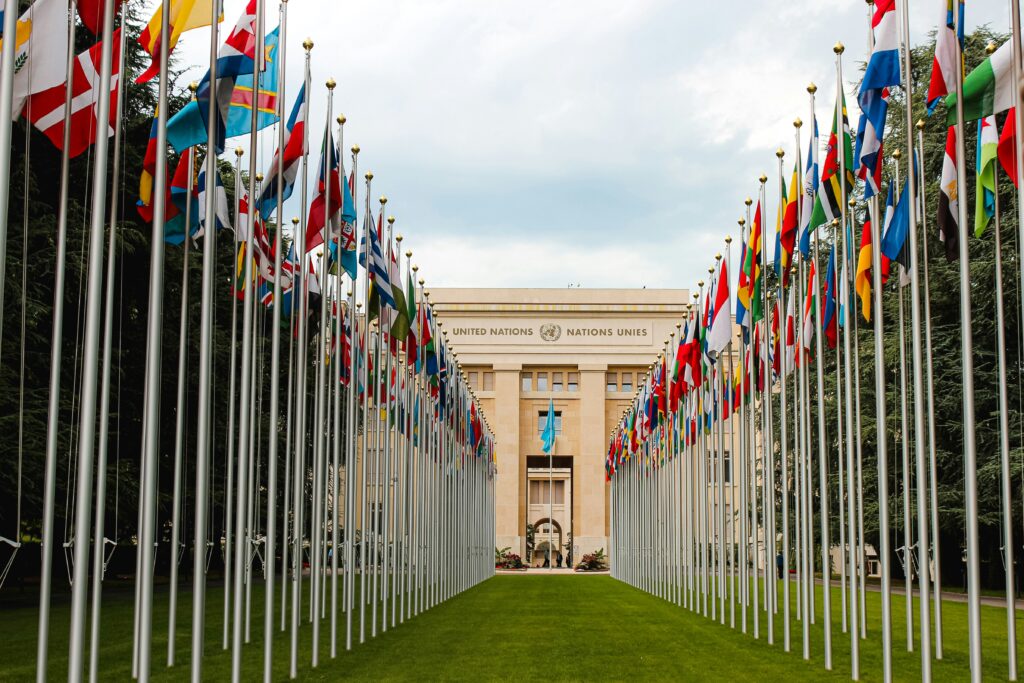The European Union’s Common Security and Defence Policy (CSDP) represents a cornerstone of the EU’s approach to managing external security and defence. It facilitates the deployment of military and civilian missions to manage crises, prevent conflicts and strengthen international security. However, as the global landscape becomes increasingly unstable, characterized by rapid geopolitical shifts, emerging security threats and technological advancements, the future of CSDP missions and operations faces a myriad of challenges. This article delves into these challenges and explores potential pathways for the EU to navigate the tumultuous times ahead.
Through both military operations and civilian missions, the CSDP aims to address the root causes of conflict, build capacity in local security sectors, and support the rule of law and human rights. The success of these missions, however, depends on the EU’s ability to adapt to the complexities of modern conflict zones, where asymmetric warfare, political fragmentation and humanitarian crises present various challenges.
Geopolitical Shifts and Emerging Security Threats
- Rising Geostrategic Competitions: The resurgence of great power competition, notably between the United States, China and Russia, poses a challenge to the EU’s strategic autonomy. Navigating these dynamics while maintaining a unified posture among member states is crucial for the effectiveness of CSDP operations.
- Regional Instabilities: Conflicts and instabilities in the EU’s neighbourhood, including Eastern Europe, the Middle East and North Africa, require active and flexible CSDP responses. These situations demand comprehensive strategies that combine military, diplomatic and humanitarian tools.
- Terrorism and Radicalization: The persistent threat of terrorism and the spread of radical ideologies require continued EU engagement through CSDP missions focused on security sector reform, counter-terrorism and capacity building.
- Hybrid and Cyber Threats: The increasing use of hybrid warfare tactics and cyber-attacks by state and non-state actors challenges traditional CSDP operation frameworks, entailing advancements in cyber defence and hybrid threat countermeasures.
Technological Advancements and Operational Readiness
- Rapid Technological Change: Keeping pace with rapid technological advancements is essential for maintaining operational effectiveness. This includes integrating new technologies such as artificial intelligence, drones and cyber defence systems into CSDP missions.
- Interoperability and Standardization: Ensuring interoperability between the diverse military and civilian systems used by EU member states is a perennial challenge. Standardization efforts are vital for enhancing cooperation and effectiveness in joint operations.
Environmental and Health Crises
- Climate Change and Environmental Degradation: These global challenges have direct and indirect impacts on security, from resource scarcity to forced migration. CSDP missions must adapt to address the security implications of environmental changes.
- Pandemics and Health Security: The COVID-19 pandemic highlighted the importance of health security as a component of overall security. Future CSDP operations may need to include a stronger focus on health crises and biological threats.
Internal EU Dynamics
- Political Unity and Commitment: The effectiveness of CSDP operations relies on the political will and unity of EU member states. Addressing differing strategic cultures and priorities remains a significant challenge.
- Financial Resources and Burden Sharing: Adequate funding and equitable burden sharing among member states are essential for sustaining and expanding CSDP operations. Balancing economic constraints with the need for investment in security and defence is a sensitive task.
Pathways Forward
To address these challenges, the EU must pursue a multi-faceted approach that enhances strategic autonomy, fosters unity among member states, and embraces innovation. Strengthening partnerships with international organizations, enhancing capabilities through technological investments, and developing comprehensive strategies for hybrid and cyber threats are imperative. Moreover, integrating climate change and health security into the CSDP framework will ensure the EU is better prepared for future challenges.
As the EU looks to the future, the adaptability, resilience and coherence of its CSDP operations will be crucial in navigating the unstable global landscape. By confronting these challenges head-on, the EU can reinforce its role as a key actor in international security, contributing to a more stable and peaceful world.


